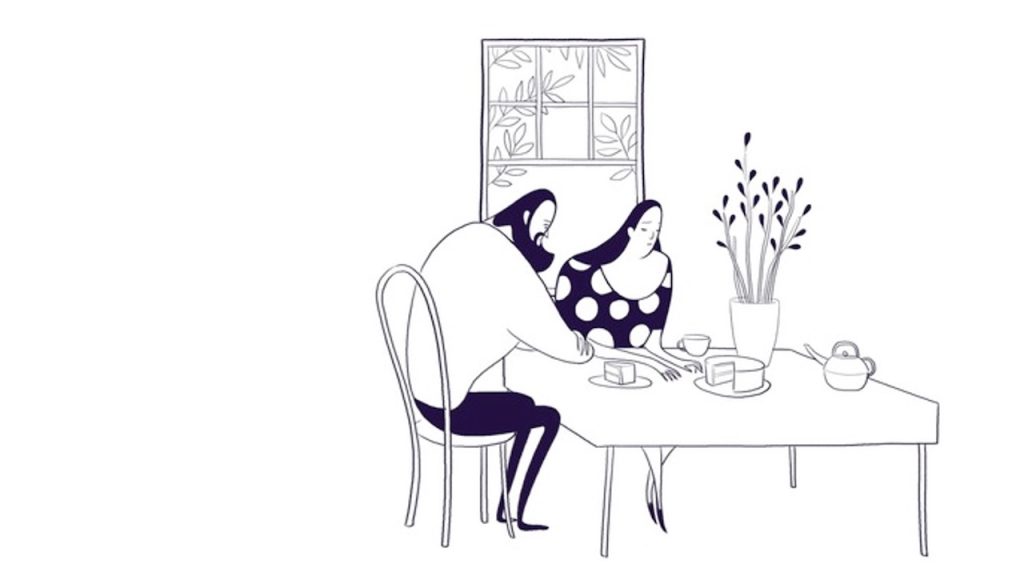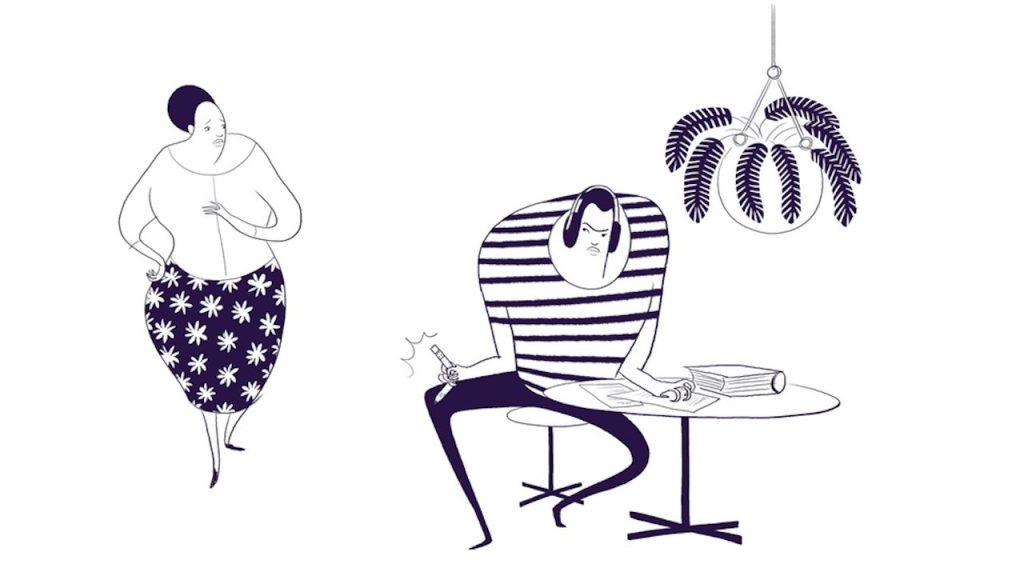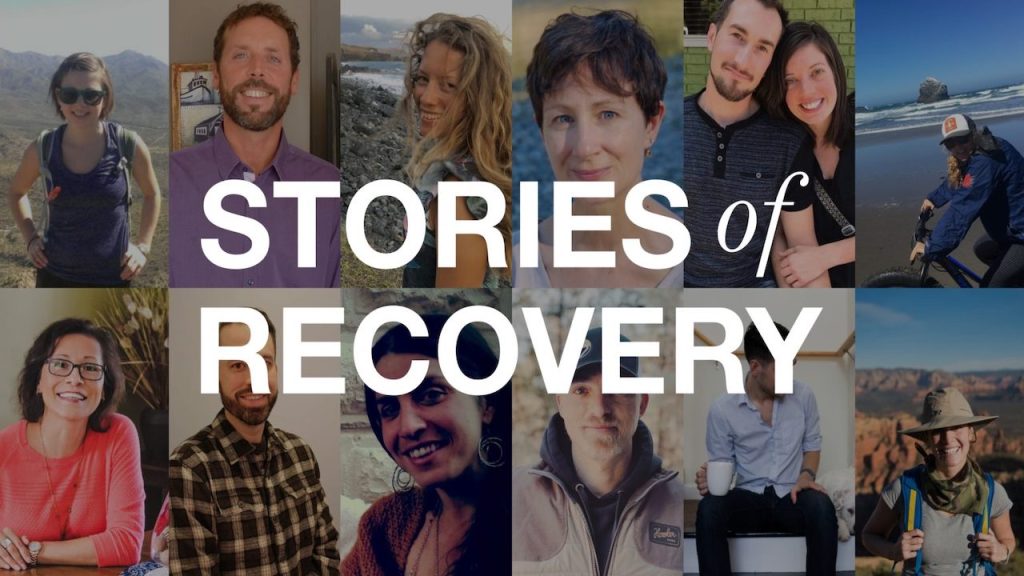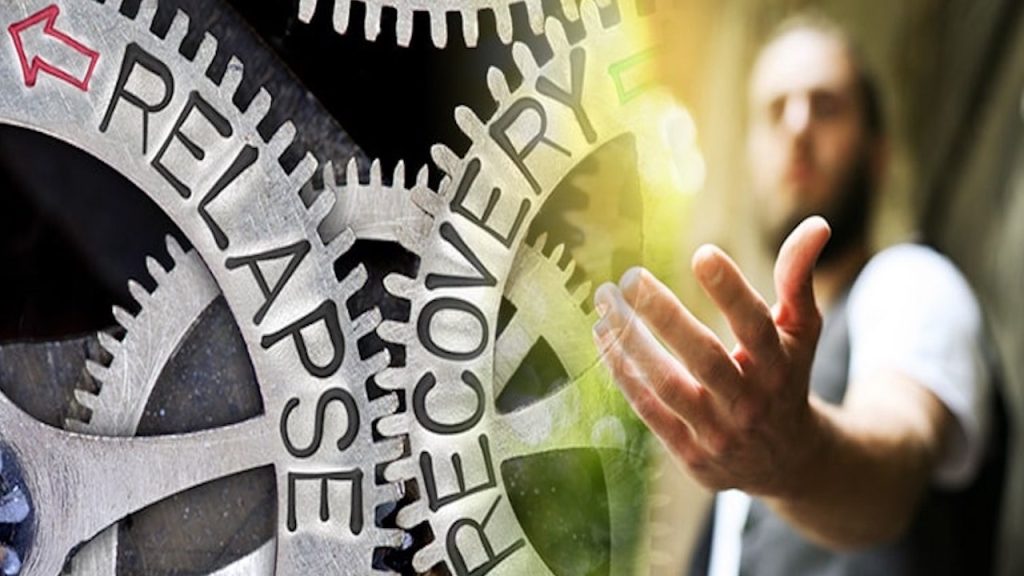Will She Relapse if She Goes Back to College?

An Allies in Recovery member wants to support her daughter’s wish to return to college but her daughter’s therapist is dead set against it, fearing relapse is a possibility.
This post originally appeared on our Member Site blog, where experts respond to members’ questions and concerns. To sign up for our special offer and get a taste of the Allies in Recovery eLearning program, click here.
“Should my daughter return to college?
She used heroin for two months, during her Freshman Spring semester. When she reached out for help, we put her into a wonderful rehab program in CT. After rehab, she lived in a sober house in New York City, and met a new psychiatrist, and therapy team. Her first psychiatrist in CT wanted her to return to college right away, in the Fall, because her use was related to people and events off-campus. Her college friends are hardworking people that watched her go down the dark path, and helped her to call us, and get treatment.
But her NEW psychiatrist is dead against it, and thinks she will relapse…So the conflicting opinion, of two psychiatrists, has her confused and feeling really anxious and scared.
How should we support her? I am tempted to go against what this new psychiatrist says, and defend her ambitions.
But what if we support college and then she relapses? Or what if she takes a semester off (a second one), and loses touch with those friends who were so supportive… and has to start all over again to establish good friends at college.”
Dominique Simon-Levine responds to this concerned mother below
Attending College: will it help or hinder a relapse?
Thanks for writing in. I am thrilled to hear your daughter is doing so well. She is taking suggestions and is in treatment. It’s time to figure out next steps and you have been given conflicting advice. Should she or shouldn’t she go back to college?
A Pursuit that Competes with Use
What stands out to me is your daughter’s motivation to return to school. The CRAFT framework seeks to encourage pursuits that compete with use (listen to our podcast “CRAFT! Where have you been all my life?”). The thrill of learning, the connection with new college friends, and the headiness of exchanging big ideas, combined with the structure and demands of college could certainly fit the definition of a pursuit that competes with use.
Relapse is possible in either scenario. The key is whether your daughter actively works to prevent relapse in her daily life and remains motivated to stay abstinent. Treatment and recovery activities exist both in New York City and at college.
Colleges in general have become much more aware of substance use disorder and have created activities and “sober” spaces, like alcohol- and drug-free dorms, meetings, and gathering spots for their students. Colleges may even have dedicated staff whose responsibility it is to address these students’ needs.
Can you look into what is available at the college? Can you help your daughter identify similar treatments to what she is receiving in New York? If the answer is yes, and your daughter agrees to participate in those treatments and recovery activities, you have what you need to weigh the options with her.
What Can Be Put in Place Once They’re in College
We wrote a blog post (get access to our three specialized blogs, available to members) a while back that details what you can do as a parent to put in place a system of checking-in for your college student and get some peace of mind for yourselves. Your ideas are similar to what we suggested….I’d say you’re on the right track.
Leave time in the daily scheduling of classes for recovery activities. In fact, prioritize the schedule so that recovery activities are slotted first. Consider the stress that a full-time schedule creates. Can she go back to college part-time and spend the rest of the time in skill-building and supports for recovery?
The studies show that the longer one stays in treatment, the better the results. Can your daughter shift from New York back to College and maintain her level of treatment? Perhaps you show your daughter this exchange of ideas as a way to also help her arrive at what is best.
One last thing. Can she choose classes that are meaningful to her? This can be hard at the undergraduate level, when so much is scripted for them, but intro to psychology vs. trigonometry might help get things started on a better footing.
Our thoughts are with you. Let us know what you learn. The issue of College is on the minds of others on this site.
Since 2003, Allies in Recovery has addressed substance abuse in families by providing a method for the family to change the conversation about addiction. We use Community Reinforcement & Family Training (CRAFT), a proven approach that helps the family unblock and advance the relationship towards sobriety and recovery and to engage a loved one into treatment. Learn about member benefits by following this link.












